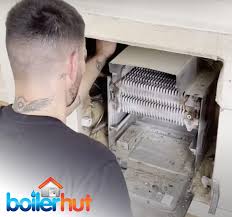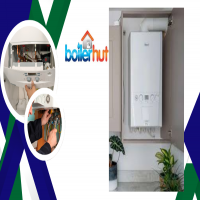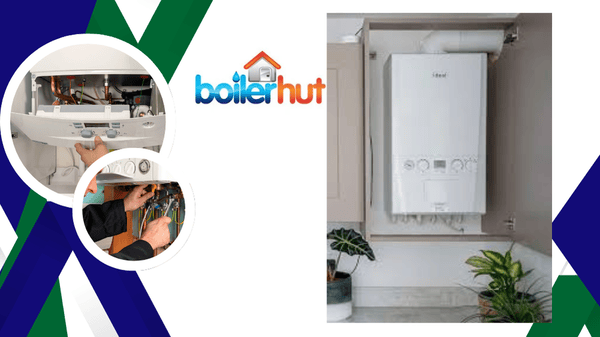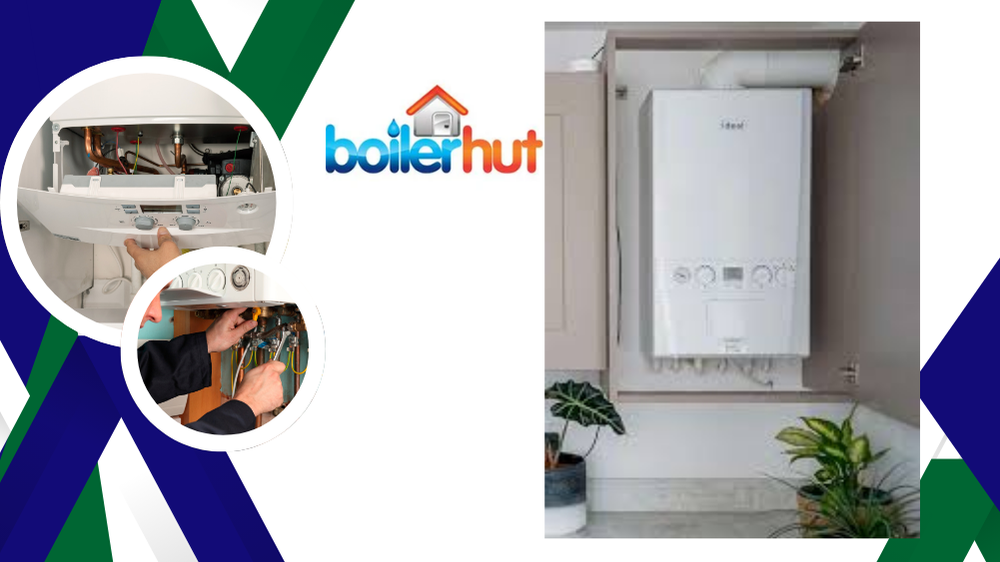The Back Boiler Work in UK

Strong 8k brings an ultra-HD IPTV experience to your living room and your pocket.
Back boilers have been a cornerstone of home heating in the UK for decades. Traditionally installed behind fireplaces, these systems provided both heating and hot water. However, with advancements in heating technology and a growing emphasis on energy efficiency, many homeowners are now considering back boiler replacement options. In this article, we'll explore the intricacies of back boilers, the process of replacing them, available grants, and modern alternatives.
What is a Back Boiler?
A back boiler is a compact heating system installed behind a fireplace or stove. It utilizes the heat generated from burning fuel—such as gas, wood, or coal—to heat water, which is then circulated through radiators and taps, providing both space heating and domestic hot water. This design was particularly popular in the mid-20th century due to its space-saving nature and dual functionality.
The Need for Back Boiler Replacement
While back boilers were innovative in their time, they are now considered less efficient compared to modern heating systems. Older back boilers often operate at efficiencies below 70%, meaning a significant portion of the fuel's energy is lost during combustion. In contrast, contemporary condensing boilers can achieve efficiencies of over 90%, leading to substantial energy savings and reduced carbon emissions. Additionally, back boilers can be more challenging to maintain and may not comply with current building regulations.
Exploring Back Boiler Replacement Grants
Recognizing the importance of upgrading to more efficient heating systems, the UK government and various organizations offer grants to assist homeowners with the cost of replacing back boilers. One notable initiative is the Boiler Upgrade Scheme, which provides financial support for the installation of low-carbon heating systems, such as heat pumps and biomass boilers. Eligible homeowners can receive grants of up to £7,500, depending on the type of system installed.
ENERGY SAVING TRUST
Modern Alternatives to Back Boilers
When considering a back boiler replacement, it's essential to explore modern heating solutions that offer improved efficiency and performance:
Gas Boilers: Modern gas boilers, especially condensing models, are highly efficient and can significantly reduce energy bills. Brands like Baxi offer a range of gas boilers suitable for various home sizes and heating needs.
Solid Fuel Boilers: For those who prefer using wood or coal, modern solid fuel boilers are available. However, it's crucial to ensure they meet current emission standards and are installed correctly to maximize efficiency.
Heat Pumps: Air source and ground source heat pumps extract heat from the environment to provide heating and hot water. They are highly efficient and can be a sustainable alternative to traditional boilers.
THEGUARDIAN.COM
Biomass Boilers: These systems burn organic materials, such as wood pellets, to produce heat. They are considered a renewable energy source and can be an effective replacement for back boilers, especially in rural areas.
The Role of Boiler Hut in Back Boiler Replacements
Boiler Hut is a reputable provider of boiler installation and replacement services in the UK. They offer a range of modern heating solutions and can guide homeowners through the process of replacing their back boilers. With a focus on energy efficiency and customer satisfaction, Boiler Hut ensures that installations comply with current regulations and meet the specific needs of each household.
Conclusion
Upgrading from a back boiler to a modern heating system is a worthwhile investment that enhances energy efficiency, reduces carbon emissions, and improves home comfort. With available grants and a variety of replacement options, homeowners can find solutions tailored to their preferences and budgets. Consulting with experienced providers like Boiler Hut can simplify the transition and ensure a seamless installation process.https://boilerhut.co.uk/how-does-a-back-boiler-work/
Note: IndiBlogHub features both user-submitted and editorial content. We do not verify third-party contributions. Read our Disclaimer and Privacy Policyfor details.




